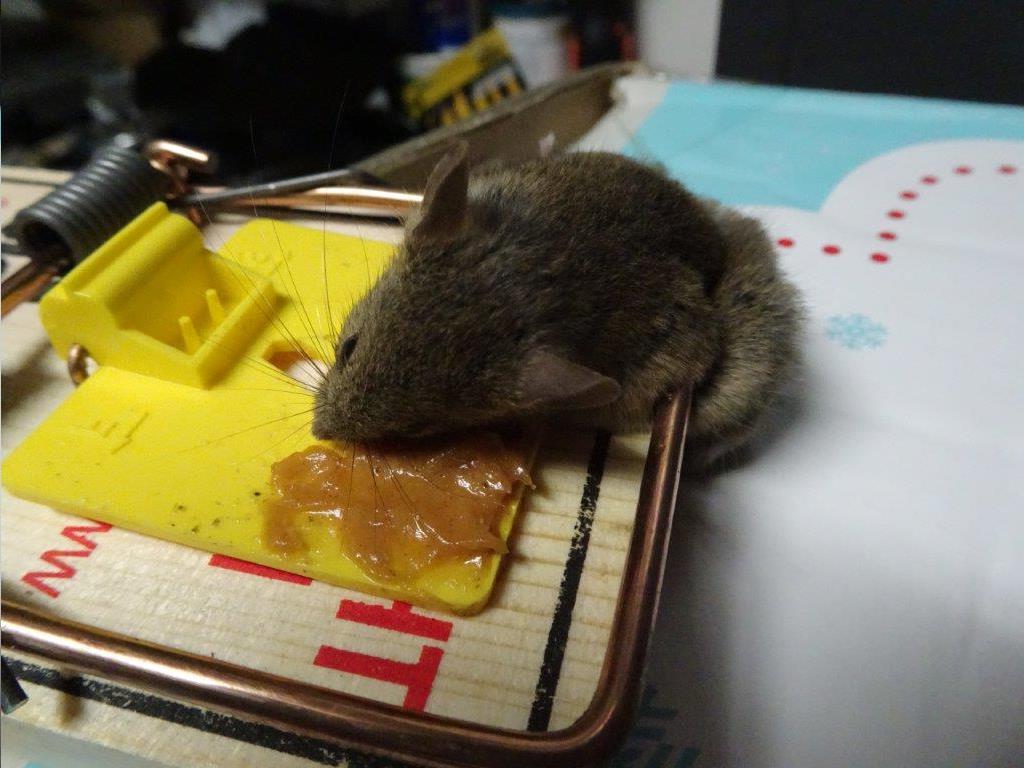
Each year, thousands of people discover that rats have been living in their home. They are finally able to read their house or business of these vile creatures, only discover that a gigantic mess has been left behind. Not just that they have torn up paper or clothing, but have left their feces in several locations around the house.
Now it is time to start cleaning, but before you do so you want to make sure you are playing it safe. So, you want to know, is touching or breathing in rat feces dangerous to you?
You Bet It Is!
Before delving too much further into this article, let's just get to the heart of the matter. It is extremely dangerous to you for you to breathe in or touch rat feces.
What you need to understand is that these animals are the carriers of a number of diseases. In fact, rats carry more diseases that are dangerous to human beings than any other animal on the planet.
Not only do you have to worry about things like bubonic plague, salmonella, and rat-bite fever, but these animals also carry tapeworms and other parasites. There are over 100 different pathogens that a rat can carry. This means you got to avoid coming in direct contact with the feces.
Playing It Safe
If you find that you have to clean this on your own, then there are some steps you can take to protect yourself from coming in direct contact with the feces. It begins by wearing clothes that cover exposed skin, including long-sleeved shirts and long pants. Put on boots and gloves, thick gloves at that. Also, get yourself a surgical mask and goggles to protect from the particles from the feces getting into your respiratory system.
When the feces dries, the matter turns into particles. These particles carry the pathogens in them, which can then be inhaled by you. Wearing the surgical mask and goggles will keep this out of your respiratory system and sinuses.
Avoid Sweeping
Also, when you are cleaning up the rat droppings, try not to sweep them up. This could force the pathogens into the air, which puts your pet and family at risk as well. Instead, use a vacuum cleaner that is able to suck up the particles. The vacuum cleaner should not use a bag, because particles come out of the bag and back into the air. Instead, use a filter system that is enclosed.
One Last Note of Warning
As one final thought for you, you really should never come in contact with the feces of any wild animal. All wild animals carry some form of disease or parasite. You can be sure that at least some of those are going to be hazardous to your health. If you find that a wild animal has been living in your garage, house, or on your property, follow the same steps mentioned above to clean the area. It pays to be safe.
Go back to the Santa Maria wildlife removal home page.